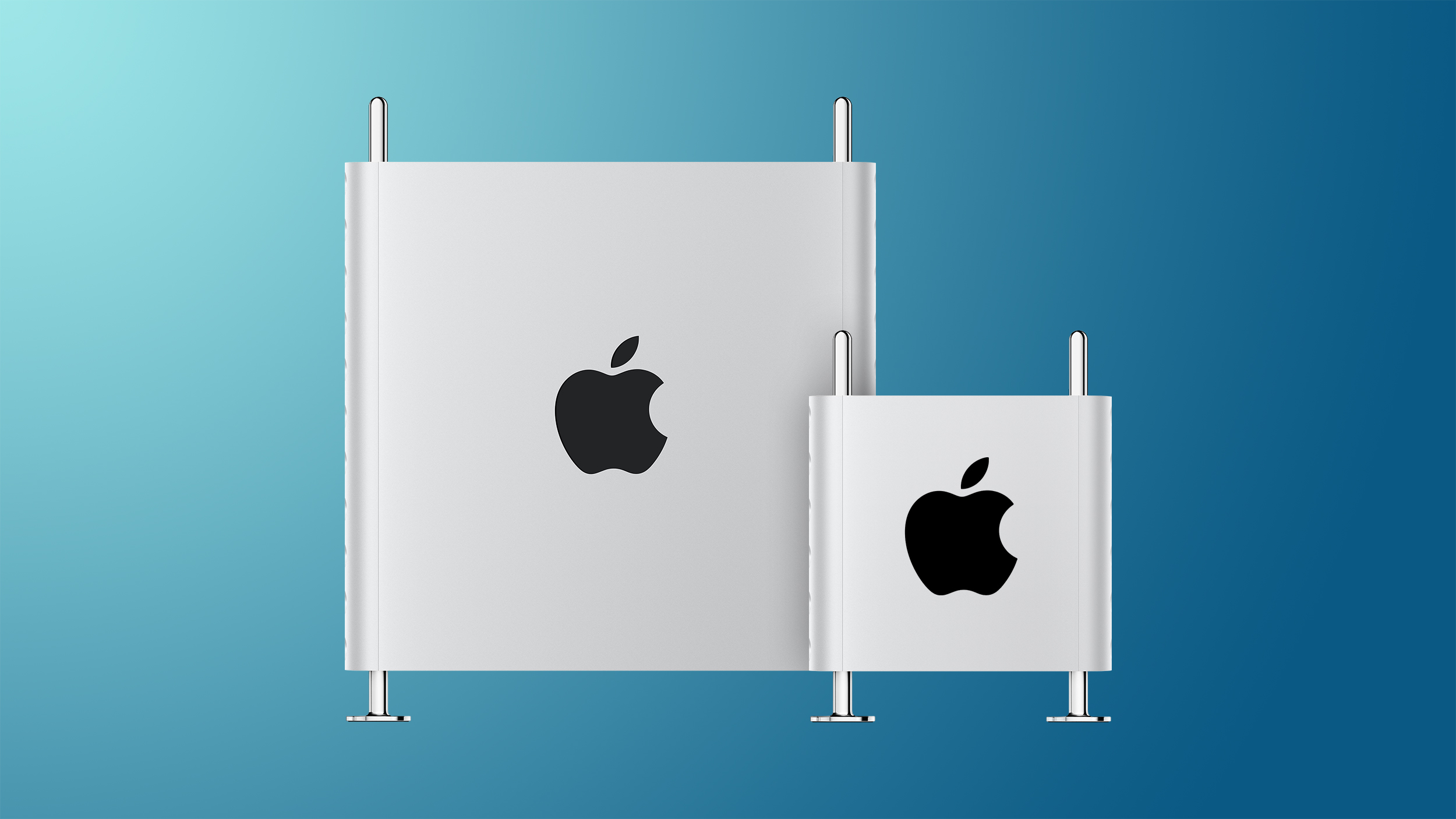![]()
A new Mac Pro that's coming in 2022 is set to use Intel's Ice Lake Xeon W-3300 workstation chips, according to an Intel leaker that
WCCFtech says has offered reliable information on Intel Xeon chips in the past.
Intel's W-3300 Ice Lake CPUs are set to launch in the near future, and there have already been signs of new Ice Lake SP processors
in the Xcode 13 beta. Intel has said that these chips offer "advanced performance, security, efficiency, and built-in AI acceleration to handle IoT workloads and more powerful AI."
Ice Lake chips for the Mac Pro would offer up to 38 cores and 76 threads, with the Xeon W-3775 positioned as Intel's top chip in the lineup. This top of the line chip features 57MB of cache and a 4.0GHz clock speed.
While Apple is transitioning its Mac lineup to Apple silicon and is developing a version of the Mac Pro that will run an Apple silicon chip,
Bloomberg's Mark Gurman has said that Apple will also
update the Intel Mac Pro.
Apple is working on a smaller Mac Pro that's about half the size of the original and that is expected to include an Apple silicon chip, but alongside it, the company is also developing a new version of the current Mac Pro.
The Intel-based Mac Pro that's in the works with Intel's W-3300 Ice Lake chips could be one of the last Intel Macs that Apple will develop. Apple has already begun transitioning the iMac, MacBook Pro, Mac mini, and MacBook Air lines to Apple silicon.
Article Link:
2022 Mac Pro Rumored to Use Intel's Ice Lake Xeon W-3300 Chips



